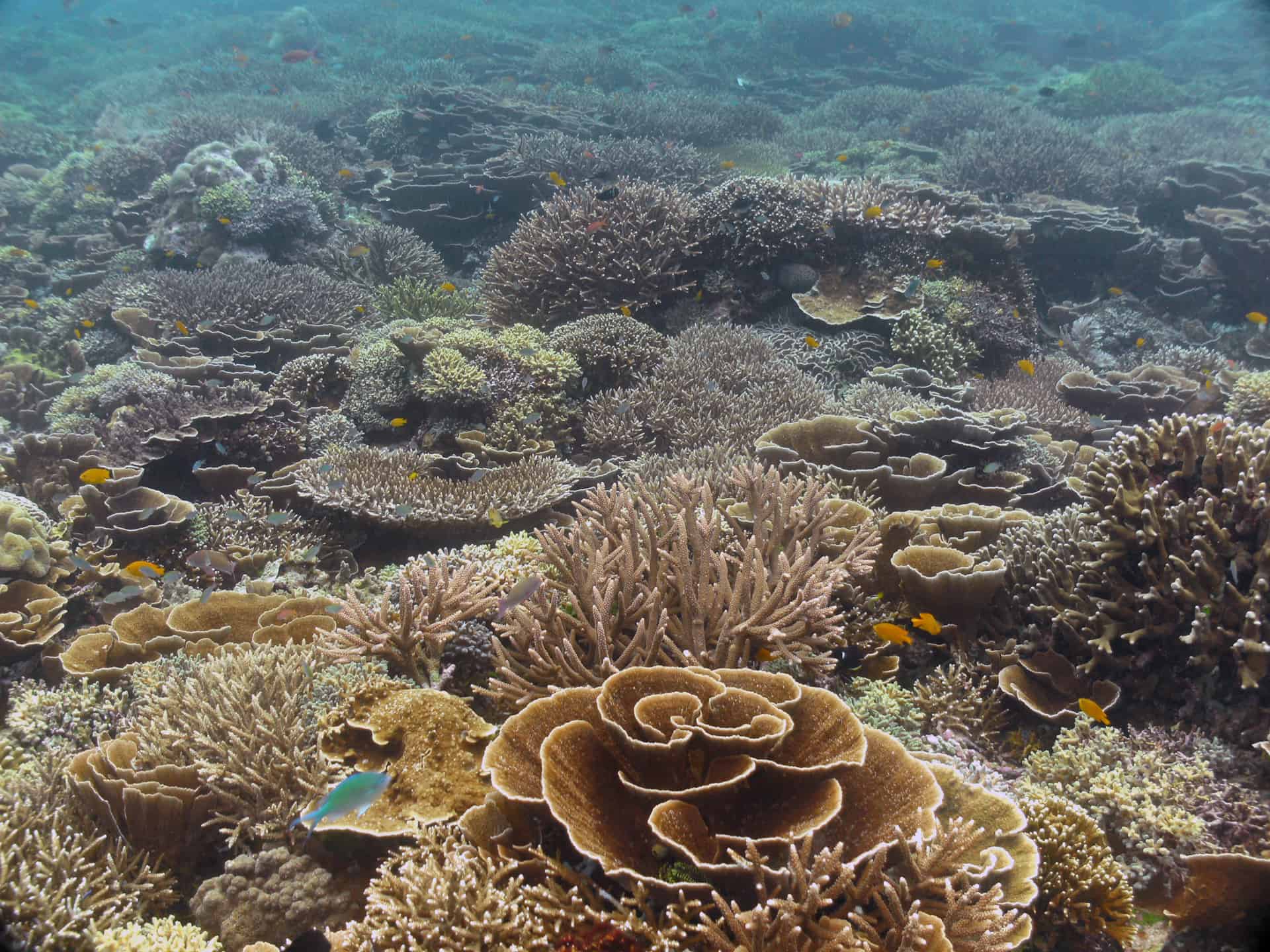
Reef Check’s Tropical Program works with teams of citizen scientists in over 40 countries around the world. Organized through different chapters, our network of EcoDivers conducts over 600 surveys annually to monitor the health of coral reefs.

In 1997, Reef Check conducted the first-ever global survey of coral reef health that provided scientific evidence that our coral reefs were in crisis due to overfishing, illegal fishing, and pollution. The results shocked many marine biologists who had not realized the extent of human impacts on reefs. In 2002, Reef Check released its report, The Global Coral Reef Crisis – Trends and Solutions, at the World Summit on Sustainable Development in Johannesburg, South Africa. Based on data collected by thousands of Reef Check volunteer divers in over 80 countries and territories, the report was the first scientific documentation of the dramatic worldwide decline in coral reef health over a five-year period. The report concluded that there was virtually no reef in the world that remained untouched by human impacts. In 2013, following surveys of over 1000 km of Haiti's coast and coral reefs, the government of Haiti declared two sets of Marine Protected Areas (MPAs), the first such protection in the country. On the other end of Hispaniola Island, Reef Check Dominican Republic (RCDR) has shown how to turn a former "paper park" into a well-functioning MPA producing both ecological and economic solutions at La Caleta. In 2015, Reef Check helped lead the emergency response to the third Global Coral Bleaching Event, following similar efforts after previous natural disasters, including the 2004 Aceh earthquake and subsequent Indian Ocean tsunami in 2004 and the devastating series of Caribbean hurricanes in 2017. Most recently, Reef Check data showed promising news that some corals are becoming more resistant to global warming than they were a decade ago.
The Crown of Thorns Starfish, Acanthaster planci, eats live coral, so too many can damage or even kill a coral reef. They actually throw out their stomach and externally digest the coral below their round body. Their large spines contain venom, so don’t touch!
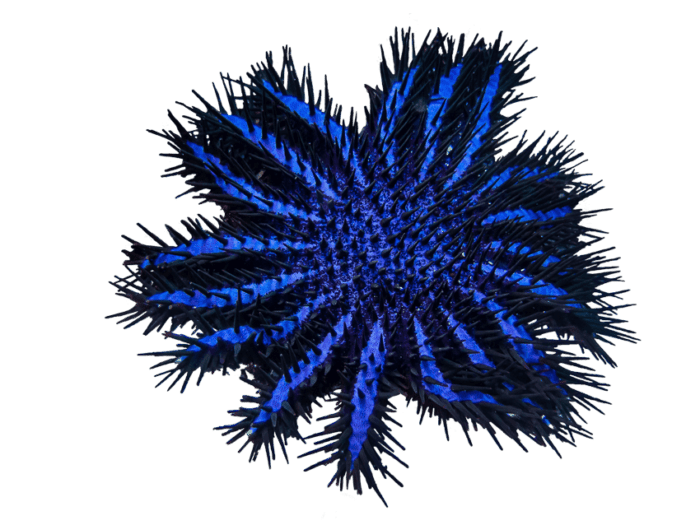
Sea fans are soft corals. They lack a hard skeleton and are instead made up of individual tiny polyps that form colonies in a fan-like shape. They are part of the subclass Octocorallia, so each polyp has eight tentacles that catch plankton for food.
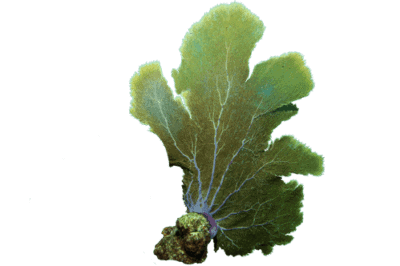
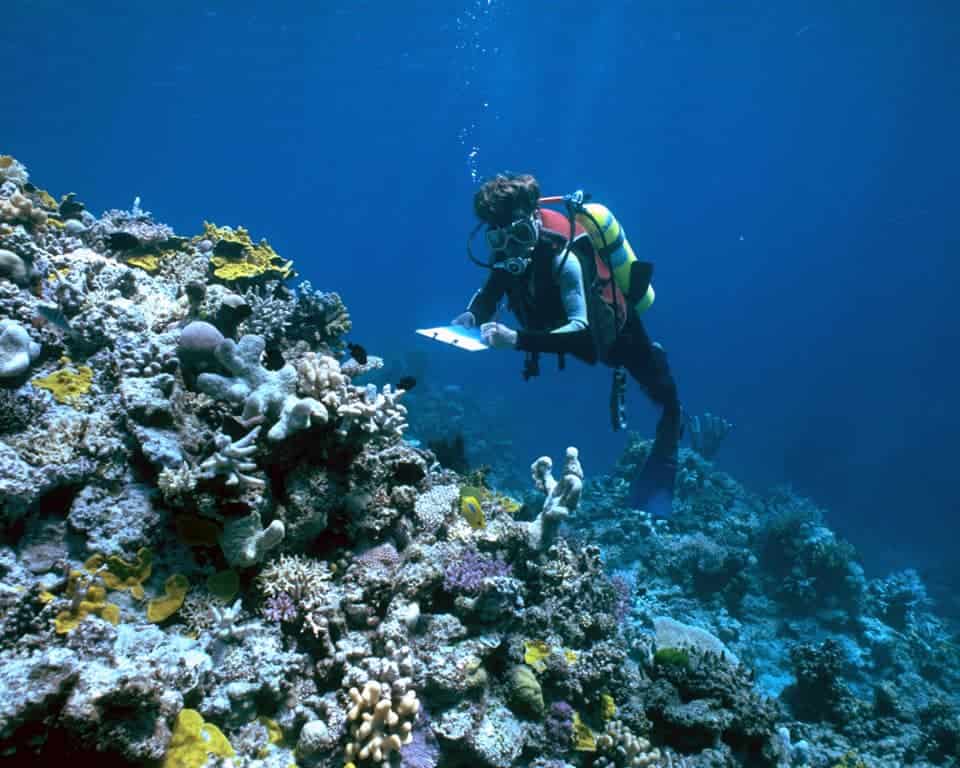
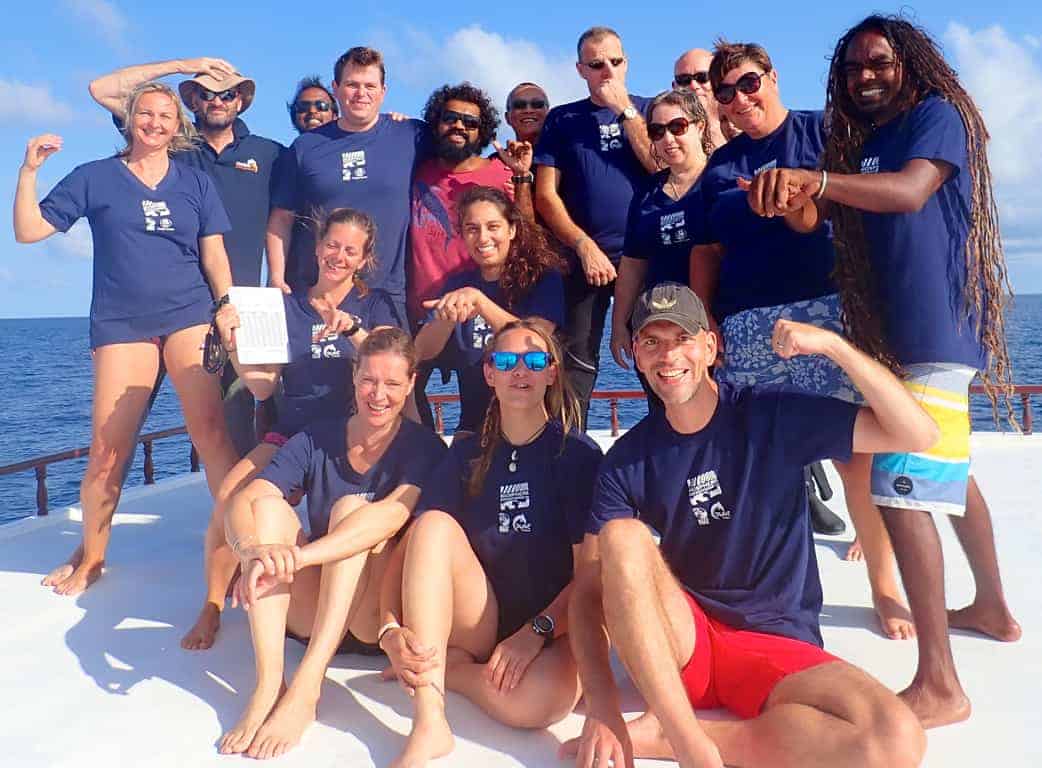
Enroll in one of Reef Check’s EcoDiver Courses to help our teams monitor coral reef health.
CoursesReef Check’s Adopt a Reef program gives ocean enthusiasts (like yourself!) an easy way to support community-based monitoring and conservation of California’s kelp forests and of tropical coral reefs worldwide. Have a favorite reef or dive site? Sponsor any of Reef Check’s survey sites and your donation will allow Reef Check to strengthen and empower local communities through scientific research, education, and community engagement.
Adopt A Reef